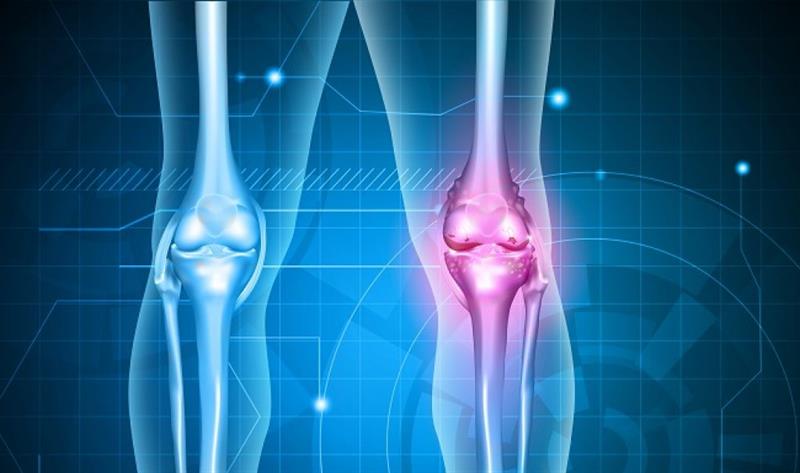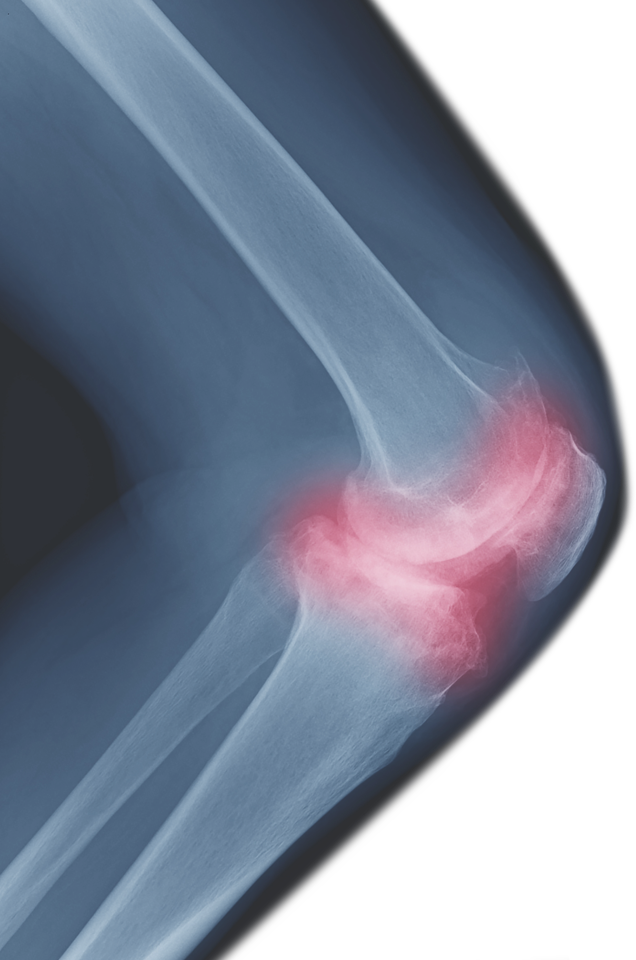Upcoming Webinars
Register NowFat-Derived Stem-Cell Injections Longer-Lasting
Nation's top academic institutions are revealing the power of fat derived stem cells

Jason Dragoo’s Stanford University research team gets 100 to 200 inquiries every day from people interested in joining its clinical trial studying the use of stem cells to treat knee injuries.
The interest highlights a growing demand for the use of stem cells derived from a person’s own bone marrow or fat to treat orthopedic injuries. Osteoarthritis, a degenerative joint disease where the protective tissue or cartilage around a joint wears down, is a particular focus of inquiry.
Stem cells have the potential to develop into different kinds of cells, making them a potentially valuable tool in treating orthopedic injuries.
The U.S. Food and Drug Administration has cracked down on the explosion of private stem-cell clinics that offer treatments for everything from muscular dystrophy to osteoarthritis. It has accused clinics of making false claims and illegally growing human stem cells extracted from patients, which is allowed in many other countries but not the U.S.
But a growing number of academic research centers and hospitals are offering stem-cell injections to treat orthopedic injuries in a way the FDA condones, by extracting bone marrow or fat, which is spun in a centrifuge before being inserted into the patient’s joint in the same day.
Due to a lack of research, the treatments generally aren’t covered by insurance companies and can cost thousands of dollars. Still, demand is high.
“There are just so many aging baby boomers who want to be active,” says Joanne Borg-Stein, an associate professor of physical medicine and rehabilitation at Harvard Medical School. “They are either too young for a joint replacement or their arthritis isn’t bad enough, and they’ve done other treatments and they’re not able to stay active.”
She says requests for stem-cell injections are outpacing the research on it, which is scant. Experts say such injections can reduce inflammation and pain but it’s unclear how long their effects last or if they help regenerate cartilage.
At Harvard, doctors have been extracting bone marrow for injections into the knee and other arthritic joints for four to five years, as well for bone injuries that don’t heal. This fall they started using a newer technique that uses fat-derived stem cells for knee, hip and shoulder arthritis, as well as tendon problems.
Fat-derived stem-cell injections appear to be longer-lasting, Dr. Borg-Stein says, and may require only one injection.
At Stanford, the study by Dr. Dragoo, an associate professor of orthopedic surgery, is focusing on fat-derived stem cells. The two-year, randomized controlled study will include about 100 patients. The researchers are harvesting fat cells from the knee using a minimally invasive surgery before inserting them back into the knee.
The study is looking at knee pain caused by either osteoarthritis or isolated cartilage defects, which are usually a result of injury and happen in younger people.
Among the osteoarthritis patients, one-third are being randomly assigned to the standard treatment of a meniscus surgery and the remaining to the standard treatment plus a stem-cell injection. Similarly, among those patients with isolated cartilage defects, one-third will get the standard treatment of microfracture surgery. The remaining will get that plus a stem-cell injection.
Only about 50% of patients who receive meniscus surgery for osteoarthritis show improvement, Dr. Dragoo says. Microfracture results typically are good initially. But within two to five years many patients will have a significant deterioration.
The ultimate hope is that the stem-cell injections will preserve or at least decrease symptoms in joints to avoid more invasive surgeries, such as a knee replacement. “Now our only alternative is to put metal and plastic in,” he says.
Preliminary results from the Stanford-led trial have found patients have reduced inflammation and report feeling better, Dr. Dragoo says. But researchers are waiting to analyze MRI measurements that will determine whether the thickness of cartilage in the knee has increased.
Randy Leavitt, a 54-year-old avid cyclist, is among the patients in Dr. Dragoo’s study.
The Ojai, Calif., resident had a longstanding meniscus injury that caused him so much pain that he stopped cycling and started gaining weight. He got meniscus surgery and an injection of either his fat-derived stem cells or a saline solution this fall.
He doesn’t know which group he’s in and won’t find out for another two years. “It’s only been two months, but I’ve been able to use the knee and I’m able to start cycling,” he says.
James Bradley, seen here in 2013, is a clinical professor of orthopedics at the University of Pittsburgh Medical Center and head orthopedic surgeon of the NFL’s Pittsburgh Steelers. He uses bone marrow-derived stem-cell injections for some older players with mild to moderate osteoarthritis.
James Bradley, a clinical professor of orthopedics at the University of Pittsburgh Medical Center, was co-author of a review study published in 2016 looking at stem-cell therapies in sports medicine.
He says they found three good studies that showed promising results for the use of stem cells in the treatment of osteoarthritis.
As head orthopedic surgeon of the NFL’s Pittsburgh Steelers, Dr. Bradley says he injects stem cells derived from bone marrow into the knees of older players who have mild to moderate osteoarthritis. “It’s helped us extend some players’ careers,” he says.
He started using stem-cell injections with the players about three to four years ago and now also does them in other serious athletes, such as marathon runners, who show signs of early osteoarthritis.
View Full ArticleAre You a Candidate?
Our research-based treatments use your own stem cells to accelerate your healing — without surgery.
Request an Introductory Patient Package
Receive an introductory patient package by email.

Register for An Upcoming Webinar
Use Your Own Cells to Treat Arthritis, Joint Injuries & Spine Pain
A stem cell discussion followed by Q & A.
Join Us!
for an upcoming webinar.





